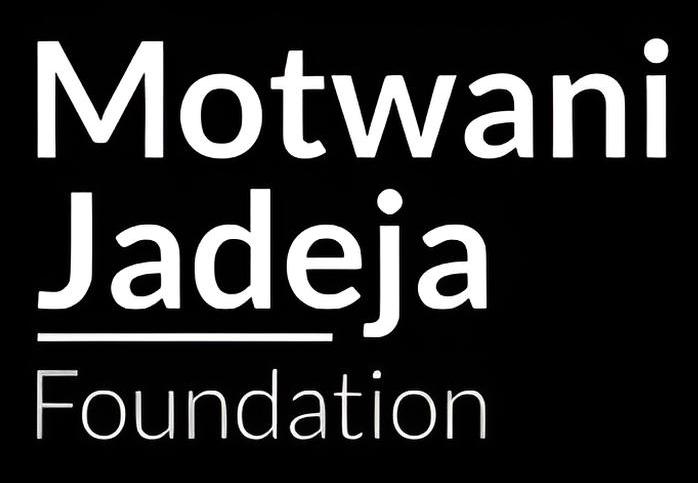How The End to Female Mutilation is a Triumph for all Women
“Former president of Nigeria, Goodluck Jonathan, signed a ban on female genital mutilation before stepping down from his presidency”, quote by The Huffington Post. “The practice of female genital mutilation (FGM) includes all procedures that consist of the partial or total removal of the external genitalia”, states the .eu site endfgm.
“FGM can also include other types of injury to the fame genitalia, and it is practiced for non-medical reasons”, (endfgm). According to the World Health Organization, “around 100 million women and girls have been victims of FGM worldwide, especially in African countries such as Somalia, Mali, Senegal, and Nigeria” (endfgm).
“The traditional belief behind FGM is that women who undergo the procedure will maintain their virginity until marriage as well as remain faithful once they are married”, (huffingtonpost). Thus, the social implication of FGM, therefore, is that women must be subjected to painful, dangerous procedures such as FGM in order to conserve their sexual decency. This belief proves how men understand female sexuality, and this misconception may be as harmful as FGM itself! “Not only is the procedure painful, but it carries many health risks such as heavy bleeding, cysts, and becoming infertile”, (huffingtonpost). We can only hope that the work of Goodluck Jonathan will inspire other countries that still practice FGM to ban it as well.
While Nigeria is taking a step in the right direction, many remain skeptical about the enforcement of the law banning FGM. The main concern with FGM, aside from the physical abuse, is that it is a cultural practice and therefore culture itself may maintain it despite the law. “Activists claim that there needs to be a change or a major shift in culture in order to guarantee that FGM is no longer practiced”, (huffingtonpost). “Chief executive of Plan International, Tanya Barron, claims that FGM will change through attitudes, not laws alone”, (huffingtonpost).
Although most countries do not practice FGM, almost all countries hold harmful, social views against women. Practices such as FGM can open our eyes to how women in our own countries are affected by the notion that women are inferior and are therefore subjected to wildly different treatments than those of men. For instance, in America women may not experience painful medical procedures, but they are paid approximately seventy cents to every dollar that a man is paid, for doing the same job. While this may not seem to be the same thing as FGM, there definitely are links between the physical abuse in African countries and the social hindrances in the states. Whether it be FGM or inequality in the workplace, the trend remains that men exercise their power over women in order to prove and maintain social and political superiority.
The ban against FGM in Nigeria is a large, and necessary victory for women around the world. There is the obvious success that comes from banning FGM, but there is also a social victory for women. As FGM is not only physical, but it is also socially detrimental. By banning FGM, Nigeria also recognizes that women simply do not deserve such maltreatment based on their sex. If all countries worldwide may understand the social and mental component of female mistreatment, then hopefully we may be able to gradually change the ways in which women are understood. Just as Goodluck Jonathan banned FGM in Nigeria, we should abolish all laws and societal misconceptions that hold women back.
Bibliography:



































